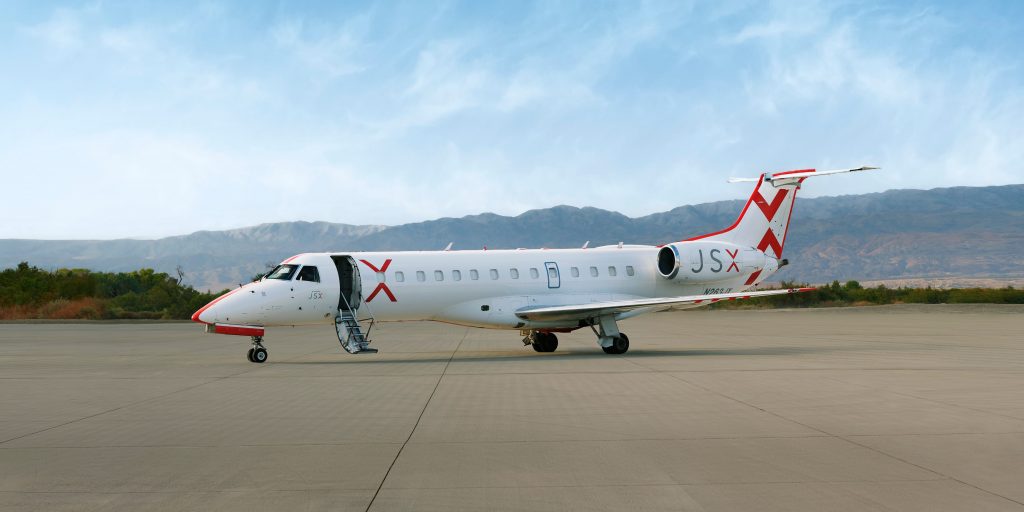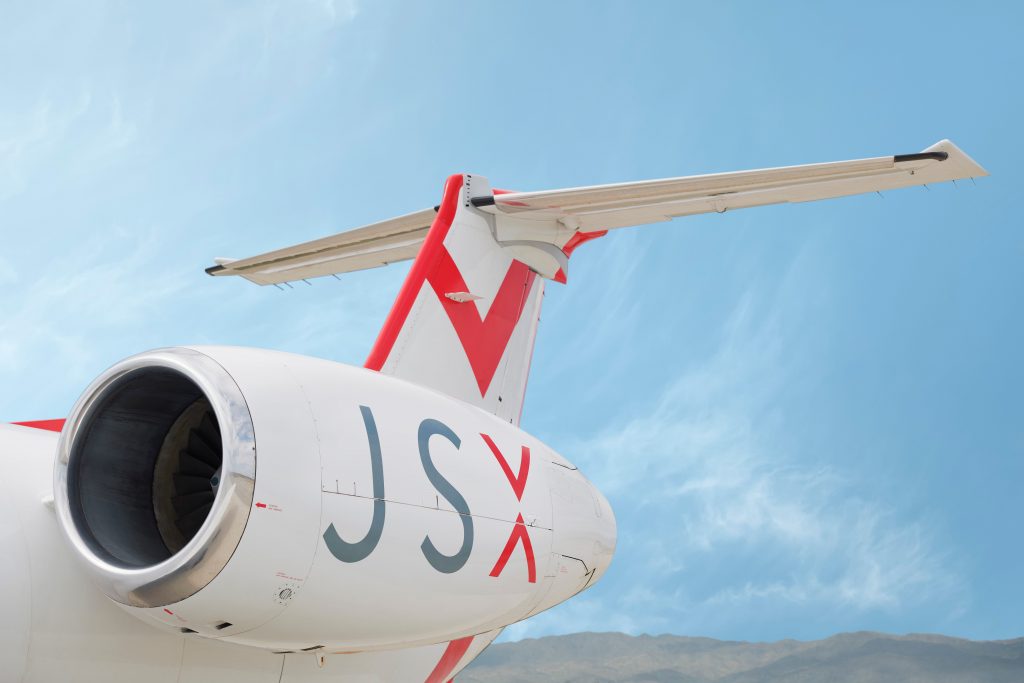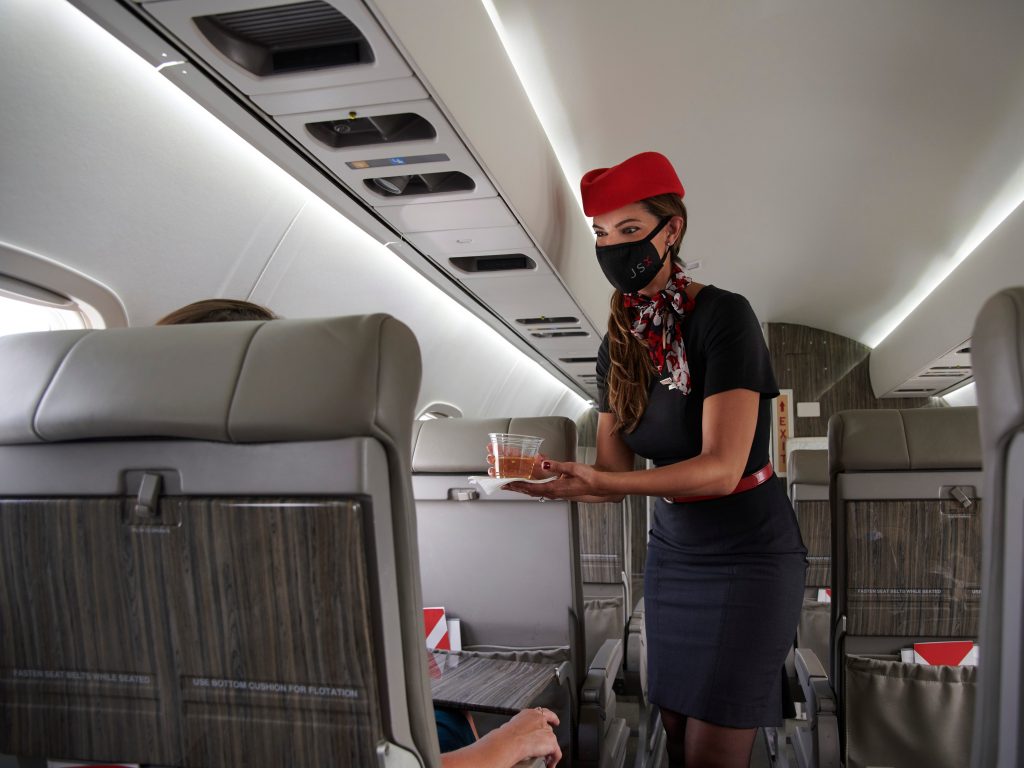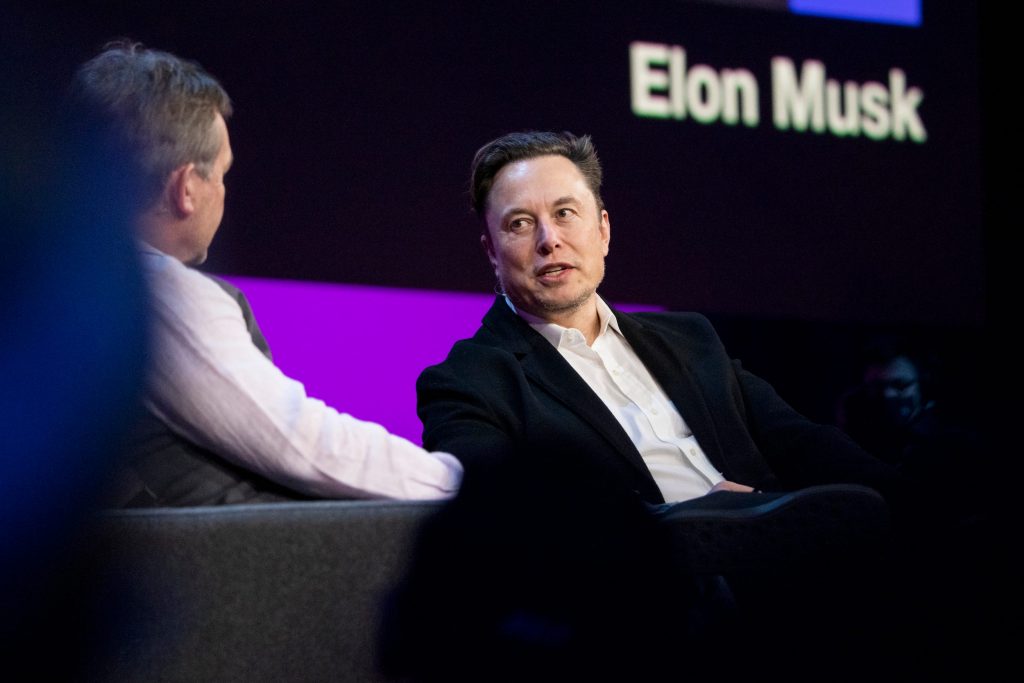- Elon Musk's SpaceX signed its first Starlink Wi-Fi deal with JSX, a semi-private jet firm, last week.
- JSX CEO Alex Wilcox told Insider he chose Starlink because of its small antennas and faster internet.
- Wilcox said having Starlink satellite internet on its planes will make JSX customers' lives easier.
Hop-on jet service JSX spent years trying to find the right in-flight Wi-Fi before SpaceX's Starlink came along, its CEO Alex Wilcox said.
Elon Musk's SpaceX signed its first deal last week to offer its Starlink satellite internet for free onboard planes of JSX, a semi-private regional carrier which was founded six years ago.
Wilcox told Insider that Wi-Fi onboard its planes was the number one request from customers, especially when the company started to offer longer haul trips across the US.

JSX spoke to various internet providers before they realised Starlink was the perfect match. The jet service firm had been in talks with Starlink for around a year, Wilcox said.
"We've kissed a lot of frogs," said Wilcox, who is also a founding executive of JetBlue.
Starlink sticks small antennas onto jets
Other internet providers would have required JSX to stick huge antennas, which connect to satellites, onto its aircraft but these weren't compatible with the company's small, 30-seater jets, Wilcox said. JSX even tried to convince the providers to make a different antenna, but the market was too small, he added.
Whereas Starlink only required an antenna, which is 50 centimeters by 50 centimeters big and can be mounted on top of the plane, Wilcox said.
Wilcox described Starlink's technology as "compact" and "lightweight." The antenna doesn't add any fuel burn, nor does it have any drag to the plane, he said.

JSX also chose Starlink for its fast speed and low latency, given that the satellites are positioned in low-Earth orbit and are therefore closer to the aircraft and Earth, Wilcox said. Other internet providers' launch their satellites into geostationary orbit, which takes longer for the signal to travel.
"When you consider most of the other providers, the in-flight Wi-Fi is the hardest thing they do," he said. "When you consider SpaceX and the other things they're trying to achieve, this is the easiest thing they're trying to do."
Starlink is a subsidiary of SpaceX, a company which builds rockets designed to fly to the moon and other planets, and one day help with the colonization of Mars.
Starlink will make JSX customers' lives easier
Passengers selecting Starlink WiFi on their devices while cruising on JSX jets won't be faced with a log-in screen, terms and conditions to accept, or credit card details.
"You'll accept all of that stuff when you buy your ticket," Wilcox said, confirming that the Wi-Fi service will be free.

JSX is different from major airlines because it offers more of an exclusive journey. Customers pay more to fly with JSX but in return, they receive free cocktails, snacks, baggage check, and carry-ons. They can also turn up to the flight 20 minutes before departure, Wilcox said.
Starlink will "make our customers' lives easier," Wilcox added.
100 JSX jets will offer Starlink Wi-Fi
Within days of signing the deal, Starlink engineers were on JSX's site testing the service on planes, Wilcox said.
The aim is to have half of its fleet of 77 planes equipped with Starlink by December this year. The other half will be kitted out by the end of next year, Wilcox said. The deal between JSX and Starlink covers service on up to 100 planes.
As part of the tests, Starlink has to make sure the antenna doesn't interfere with the safety and operation of the plane and ensure it won't get damaged by ice or other weather conditions, Wilcox said.
Dit artikel is oorspronkelijk verschenen op z24.nl

